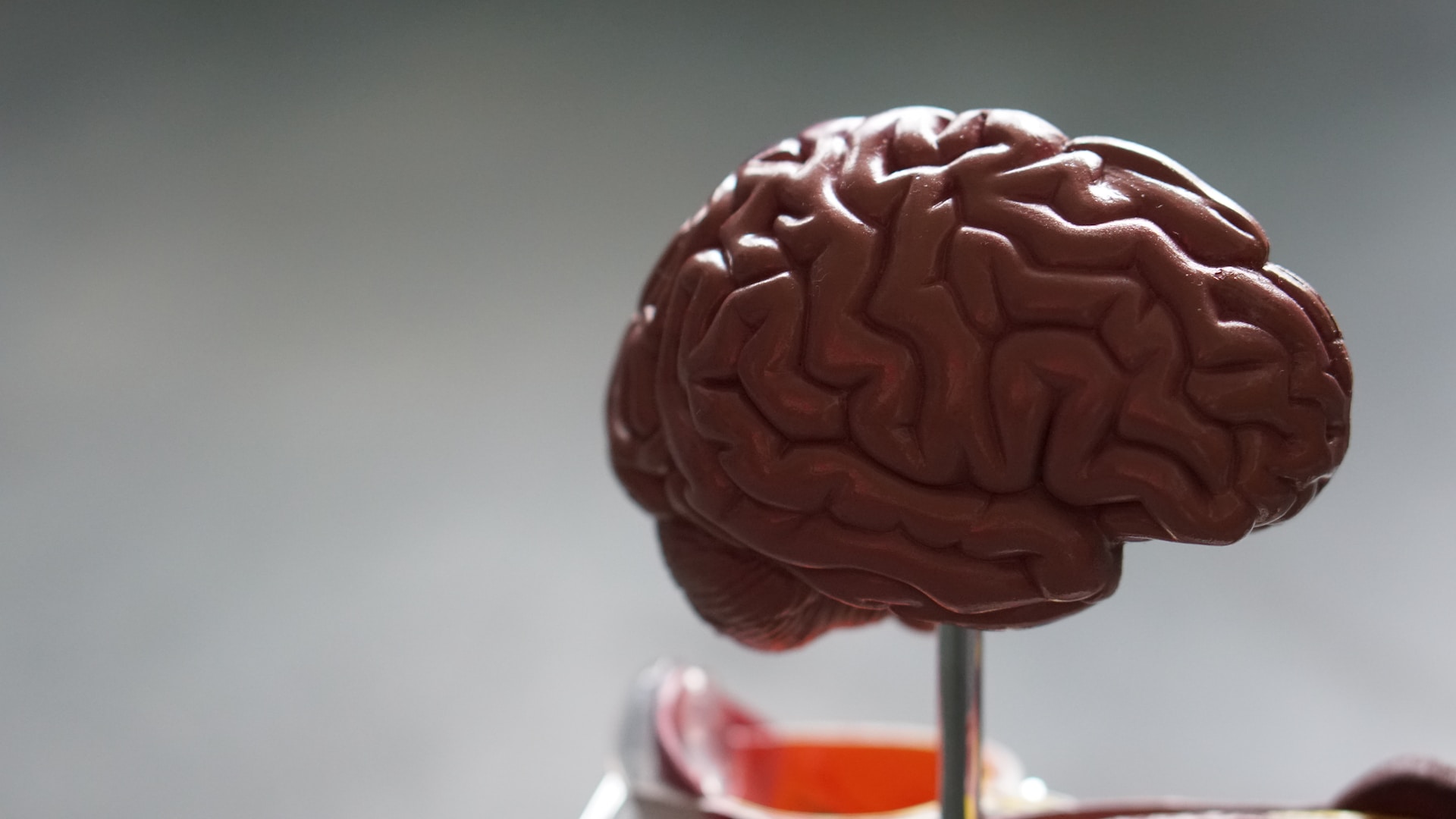Gambling is a complex and intriguing human behavior that has been present throughout history in various forms. From casinos to lotteries, sports betting to online poker, the appeal of gambling is undeniable.
But what drives people to engage in this risky activity, and why do some individuals seem more prone to develop gambling problems than others? To answer these questions, we can turn to the field of behavioral economics, which provides valuable insights into the psychology of gambling.
Understanding Behavioral Economics
Behavioral economics is a subfield of economics that blends insights from psychology and economics to explore how individuals make decisions.
Unlike traditional economics, which often assumes that people are rational and make choices based on maximizing their utility, behavioral economics recognizes that human behavior is influenced by cognitive biases, emotions, and heuristics (mental shortcuts).
The Role of Cognitive Biases in Gambling
Cognitive biases are systematic patterns of deviation from norm or rationality in judgment, often leading to perceptual distortion, inaccurate judgment, illogical interpretation, or what is broadly called irrationality. In the context of gambling, several cognitive biases play a significant role:
Overconfidence Bias: Many gamblers tend to overestimate their abilities and their chances of winning. This bias can lead to excessive risk-taking and larger bets.
Gambler’s Fallacy: This is the belief that the outcome of a random event is influenced by previous outcomes. For example, if a roulette wheel has landed on red multiple times, some players may believe that black is now “due” to come up. This fallacy can lead to irrational betting patterns.
Anchoring Bias: People often rely heavily on the first piece of information they encounter when making decisions. In gambling, this can manifest as players anchoring their bets to an initial wager, even if it’s arbitrary.
Loss Aversion: The pain of losing is psychologically more significant than the pleasure of winning. Gamblers are often driven to chase losses, which can lead to a downward spiral.
Confirmation Bias: People tend to seek out information that confirms their preexisting beliefs. In gambling, this can lead players to ignore evidence that suggests they are losing and focus on selective wins.
Emotions and Gambling
Emotions also play a significant role in gambling behavior. The thrill of anticipation, the excitement of winning, and the frustration of losing all trigger powerful emotional responses that can influence decision-making.
Reward System Activation: Winning a bet or receiving a payout triggers the brain’s reward system, releasing dopamine, a neurotransmitter associated with pleasure and reinforcement. This reinforcement makes the act of gambling itself inherently rewarding.
Near Misses: Slot machines and other games often incorporate near misses, where the outcome is just short of a win. These near misses can create a sense of almost winning, which can be more motivating than a loss and keep players engaged.
Loss Chasing: The desire to recover losses is driven by emotions like frustration and regret. This phenomenon often leads to continued gambling and more significant losses.
Social Interaction: Gambling can be a social activity, and the emotions associated with group dynamics can further enhance the appeal. The excitement of sharing wins with friends or the fear of being left out can influence decision-making.
The Role of Heuristics in Gambling
Heuristics are mental shortcuts that individuals use to simplify complex decision-making processes. In gambling, several heuristics are commonly observed:
Availability Heuristic: People tend to make judgments based on readily available information. If someone has recently won a jackpot, others may believe that they, too, can achieve similar success.
Representativeness Heuristic: This heuristic involves making decisions based on perceived similarities to prototypes or stereotypes. In gambling, it can lead players to make bets based on superstitions or beliefs in lucky numbers or patterns.
Individual Differences in Gambling Behavior
While cognitive biases, emotions, and heuristics provide insights into the psychology of gambling, it’s essential to recognize that individuals vary in their susceptibility to these influences. Some factors that contribute to individual differences in gambling behavior include:
Personality Traits: Certain personality traits, such as sensation-seeking and impulsivity, are associated with a higher likelihood of engaging in risky behaviors, including gambling.
Biological Factors: Genetic predispositions and brain chemistry can play a role in determining a person’s vulnerability to addiction and gambling-related problems.
Cultural and Social Factors: Cultural norms and social influences can shape an individual’s attitudes toward gambling. Communities where gambling is prevalent may normalize the behavior.
Exposure and Accessibility: The availability and accessibility of gambling opportunities, whether through physical casinos or online platforms, can significantly impact an individual’s gambling behavior.
Psychological Vulnerabilities: Some individuals may have underlying psychological vulnerabilities, such as depression or anxiety, that make them more susceptible to using gambling as a coping mechanism.
Conclusion
Gambling is a multifaceted behavior influenced by cognitive biases, emotions, and heuristics, as well as individual differences in personality, biology, and environment.
Understanding the psychology of gambling through the lens of behavioral economics provides valuable insights into why people gamble and why some individuals are more prone to develop gambling problems.
The Times Union compiled a selection of premier online casinos to elevate your gambling enjoyment.
For individuals who enjoy gambling responsibly, it can be a source of entertainment and excitement. However, for those who struggle with gambling addiction or are at risk of developing gambling-related problems, it’s crucial to seek help and support.
Recognizing the psychological factors at play can be the first step toward responsible gambling behavior and, if necessary, seeking treatment for gambling addiction.
















